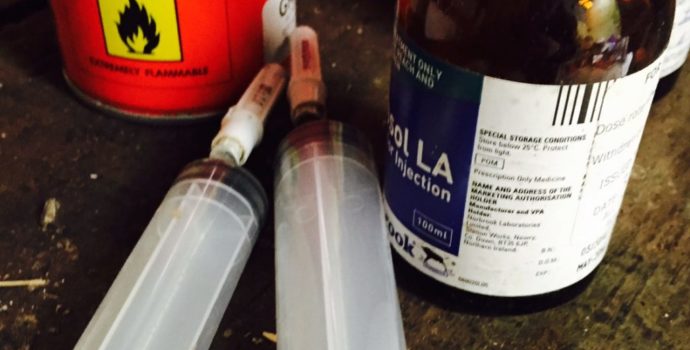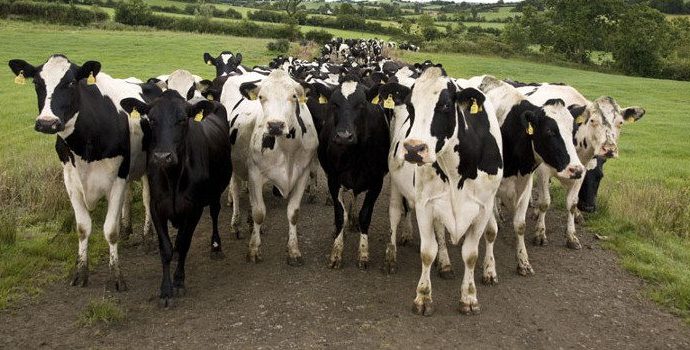IFA President Calls on Eu Trade Commissioner Karel De Gucht to Tear Up Any Offer on Mercosur

The European Parliament held a hearing on international trade including Mercosur in Brussels, IFA President John Bryan said the Commissioner should tear up any plans or proposals the Commission have in the EU/Mercosur trade negotiations.
John Bryan said, “It is inconceivable that Commissioner De Gucht would even contemplate Europe making an offer which will inflict multi-billion euro losses on European and Irish agriculture and particularly our important beef and livestock sector.”
He pointed out that the European Parliament has already adopted a report which made it very clear that the European Commission must stop making trade concessions that adversely affect European farmers.
In addition, John Bryan said the Mercosur countries of Brazil, Argentina, Uruguay and Paraguay have no intention of making any meaningful trade offer in the negotiations with the EU. He said some of the Mercosur countries have shown total disregard for any trade arrangements and consistently operate in a unilateral manner.
The IFA President called on Commissioner De Gucht not to give in to the South Americans and protect food security and the principle of community preference in the Common Agricultural Policy.
In Brussels, John Bryan pointed out the major flaws in the EU approach to the Mercosur negotiations. He said a deal on Mercosur will inflict losses on European agriculture ranging from €17bn to €36bn depending on the scale of the concessions to South America. The possible gains to other sectors are not at all evident.
John Bryan highlighted the fundamental contradictions in the EU policy on trade, climate change and sustainability. “On the one hand, Europe claims to be concerned about sustainability and climate change. On the other hand, the EU is prepared to accept a major increase in imports from Brazil and other South American countries where the carbon footprint is 4 times higher. Brazil is burning up to 2.15m hectares of rainforest on an annual basis in order to increase beef production to supply export markets.”




